Asian Lite FnB columnist Riccha Grrover in conversation with culinary expert, chefpreneur Raminder Bakshi on his cloud kitchen brand Sassy Begum
Hospitality expert, entrepreneur and Chef Raminder Bakshi has more than 23 years of experience in the hospitality and F&B industry. His decisive leadership qualities, expertise and passion for his art have helped him in setting up many a Food Court, Multinational QSR, Hotels, Restaurants & Resorts.

Famed as “The Young Turk” from his early days, he successfully conceptualized multiple projects and created his own style in the kitchen, blending tradition with modernity in his training and experience. The years spent in Hilton Group in varied locations like Delhi, Egypt, and the Metropolitan Palace Hotel in Dubai, have for him marked a journey of culinary discovery. Now he runs his own ventures under his banner the Art Culinnaire.
RICCH GRROVER- Tell us about your delivery brand Sassy Begum which showcases heritage Indian kebabs and biriyanis recipes with a twist for modern times.
RAMINDER BAKSHI- Inspired by the rich culinary traditions of the Nizami era and born out of the ancestral recipes of a well-known Hyderabadi family, Sassy Begum is the best of Hyderabad on a plate.
RG- What have been the challenges to the FnB industry in Covid times and what difficulties have you overcome an a FnB chefpreneur in these time?
RB- The restaurant and hospitality industry has never experienced such fast and extraordinary changes in such a short time. With regulations shuttering doors and limiting social interaction, how does one move on has been the question in the FnB sector. FnB sector has been wading into unchartered territory. But transparency and teamwork has been the key to getting through this together. Restaurateurs have opened the lines of communication with fellow restaurant comrades to share best practices.
With suspended dining room operations in favour of drive-thru, pickup and delivery options to help curb the spread of the virus, as a chefpreneur I felt that this is an excellent time to build a more robust online presence. Diners know the restaurant industry is suffering, And while they can’t stop in for dinner, they can find you through social media and your website. I have made sure all essential information on my ventures doing pandemic times is easily accessible – menu, pricing, hours, and how to order. This surely has helped me overcome the challenges.
RG- How is a meal from Sassy Begum different from other takeaways and cloud kitchens these days? What makes it unique? What are the top three dishes you recommend a first time diner to try?

RB- Sassy Begum has become known for using high quality ingredients to produce authentic dishes. Many delivery outlets often try to reverse engineer their dishes and ingredients to cater for the right price point I feel. Sassy Begum never compromises on quality and authenticity, Only home made spices are used which are pounded every day, no properitory spices or spice mixes are used you are always assured of restaurant quality dishes in the comfort of your own home.
Top three dishes I highly recommend are – Haleem, Hyderabadi Kacche gosht ki dum biryani, mirchi ka saalan and Hyderbadi shikhampuri kabab
RG- Tell us about your other ventures like your FMCG brand Samossay. How did you come up with this idea?
RB- THE “HUMBLE” SAMOSA
• Most identifiable & commonly available street food in India.
• Enjoyed by people of all ages and sections of society across seasons and occasions
• Popular across India with many regions having their own version.
• Consumed generally as a in-between meal snack
• Mostly a vegetarian offering available at a roadside dhaba/tea stall or local halwai shop.
• Seldom prepared at home, mostly purchased ready to eat.
So I thought … why not make this into a FMCG brand. Samosas are a popular appetizer or snack not just in India but across the Arabian Peninsula, Southeast Asia, Southwest Asia, the Mediterranean, the Indian subcontinent, the Horn of Africa, East Africa, North Africa, and South Africa. Yet, haven’t evolved much in terms of variety. Handful of specialty shops around but very localised. I saw an opportunity to elevate the samosa into a specialty item to cater to the quickly diversifying and experimental palate of urban India. Hence this idea came about and now we have a range of fresh and frozen samosas that would cater to varying tastes and choices of discerning diners who want hygienic samosas in these times in the comfort of their homes!
RG- What words of advice do you have for budding FnB chefpreneurs? What is it that keeps you inspired in your profession?
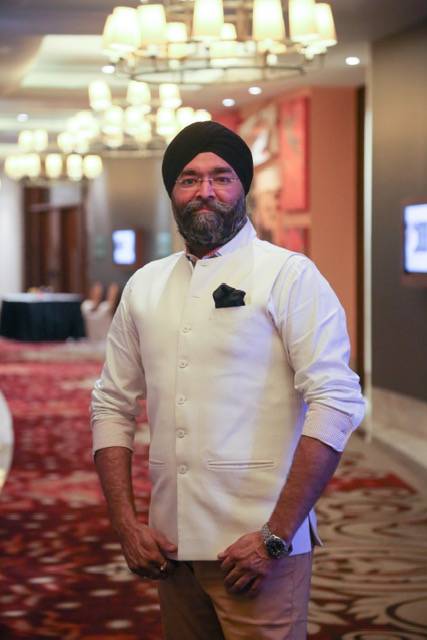
RM- I say this to all budding FnB entrepreneurs and chefpreneurs:
• check your balance sheet
• Before you can actually begin your expansion or set up, you need to know what you’re looking for.
• Assess your concept and key performance indicators which will help to tell you whether you are able to meet your financial commitments and whether you will be making enough profit to survive.
• you need to do your market research and see if there are enough customers there to warrant your brand entry or expansion
• Logistics for scalable and replicable concept
• Have a plan to raise capital
The part of my job that inspires me is scope for growth and creativity- I love to create, and the harder the challenge, the more excited and driven I am to solve it!
“The hospitality industry is my passion and it shows in my projects, the relationships I have with my clients and the vast amount of experience I share with them is my pride.”
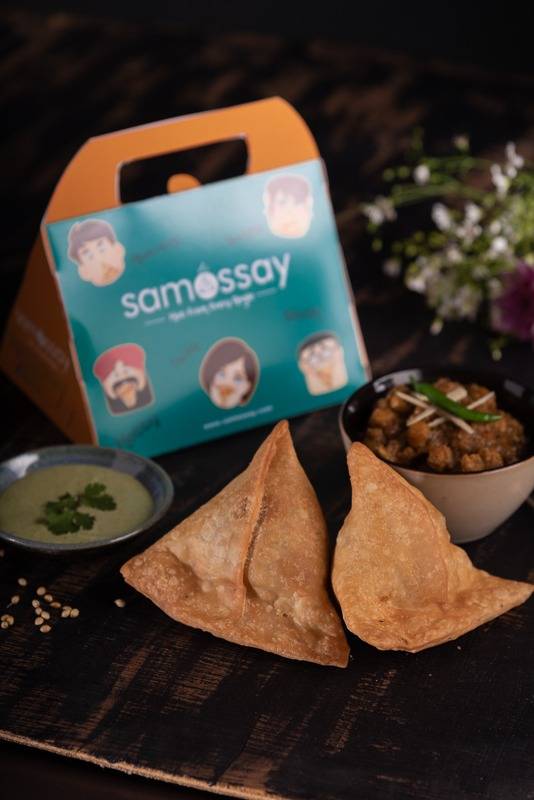
Sassy Begum Sets New Culinary Standards 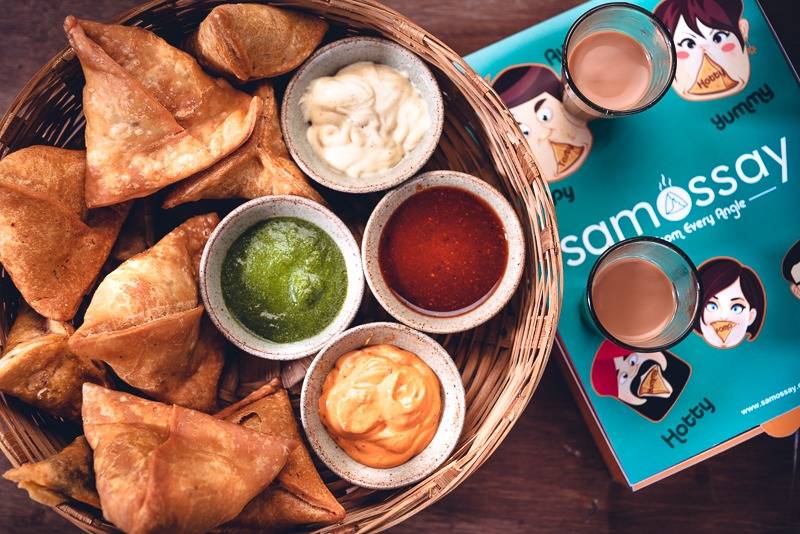
Sassy Begum Sets New Culinary Standards 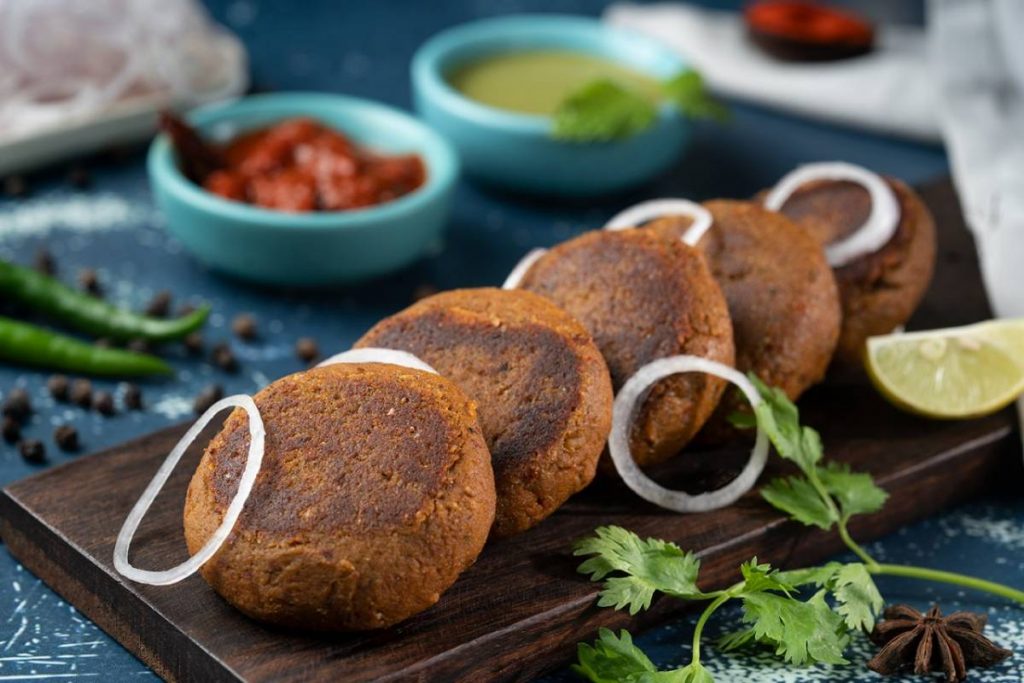
Sassy Begum Sets New Culinary Standards 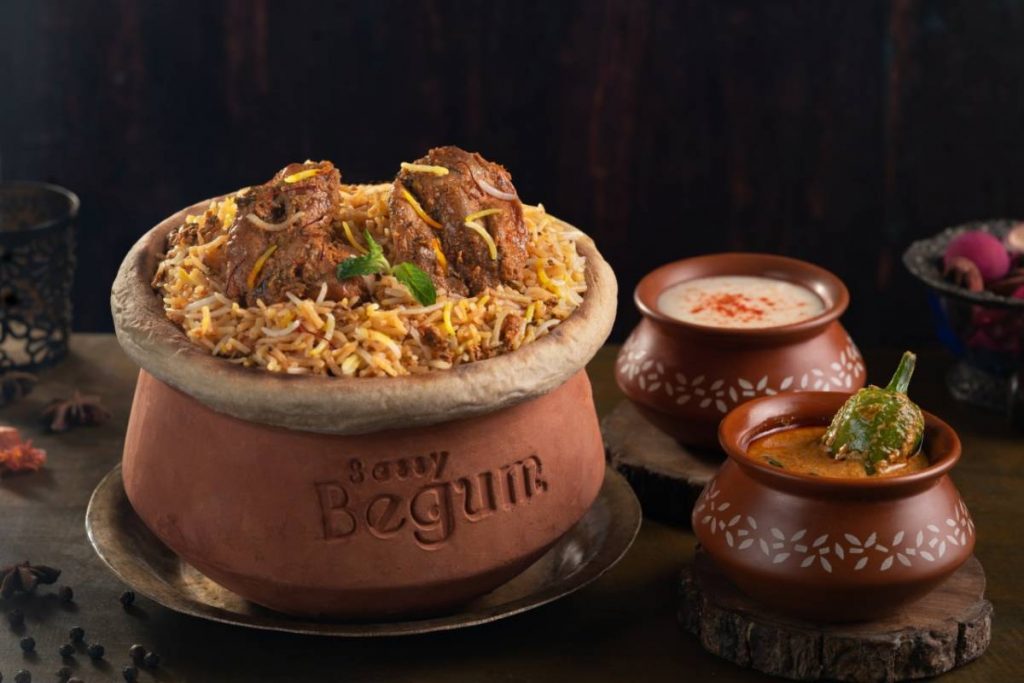
Sassy Begum Sets New Culinary Standards 
Sassy Begum Sets New Culinary Standards 
Sassy Begum Sets New Culinary Standards 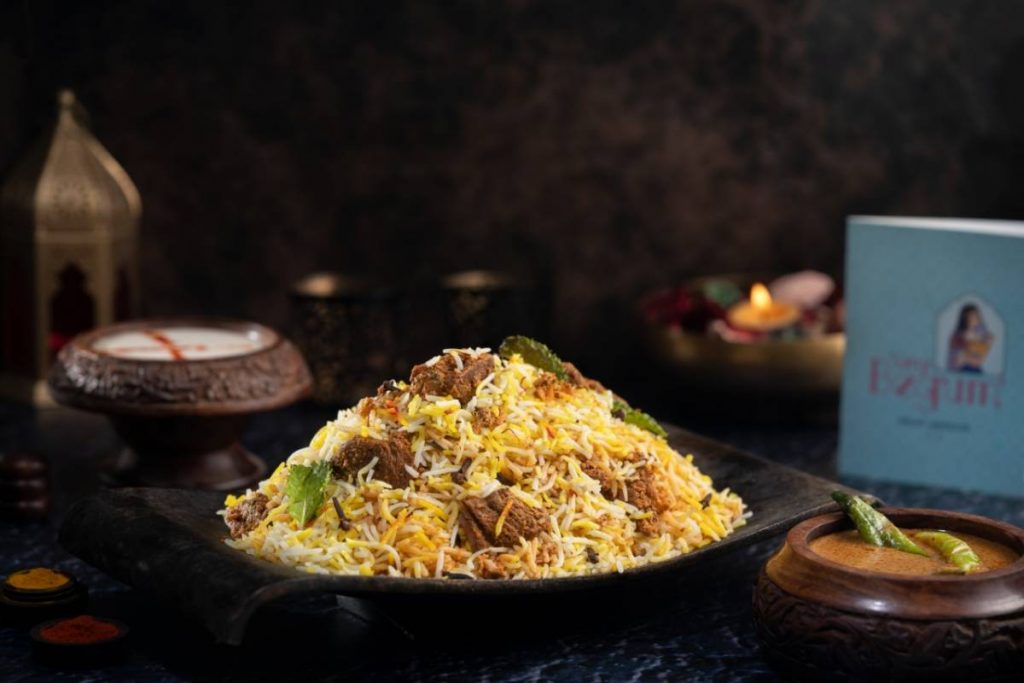
Sassy Begum Sets New Culinary Standards 
Chef Raminder Bakshi 

